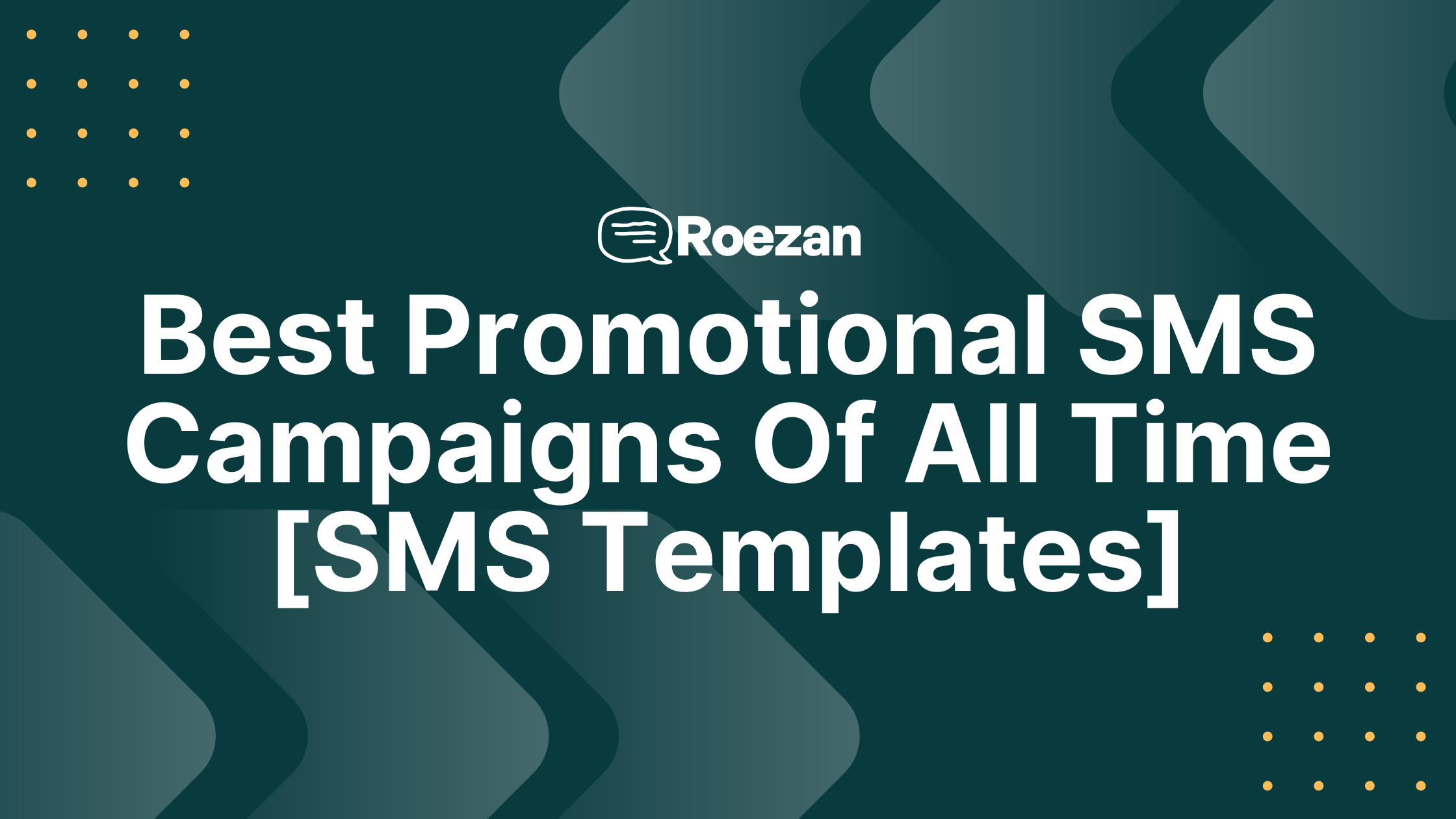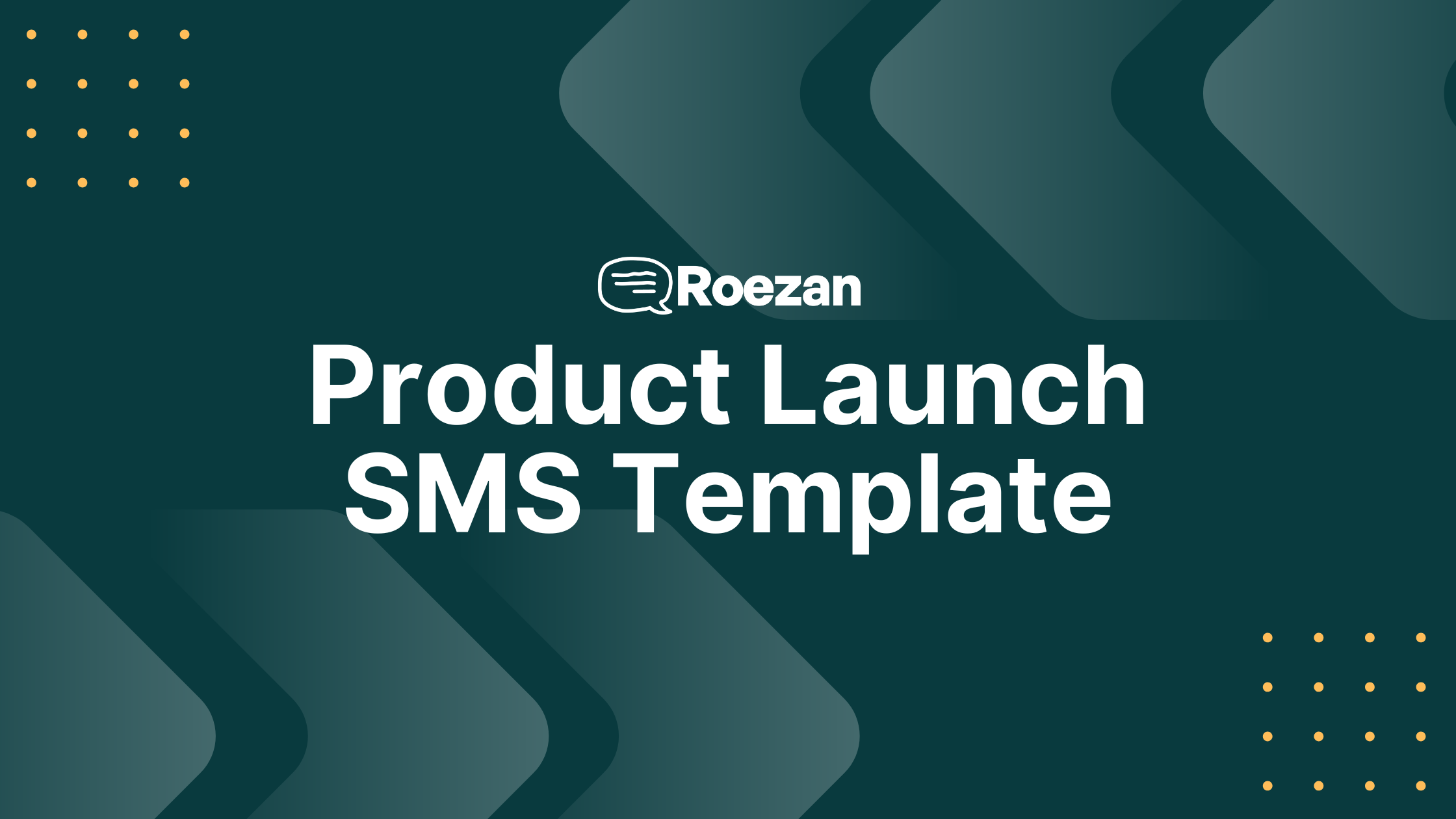SMS marketing has proven to be an effective and cost-efficient way of reaching out to potential and current customers. However, managing multiple campaigns manually can be time-consuming, and the personalized touch that makes SMS marketing effective can sometimes be lost. SMS marketing automation tools are the answer to these issues and have become increasingly popular in recent years.
What is SMS Marketing Automation?
SMS Marketing Automation refers to the use of software and tools to automate the process of sending SMS messages to customers. This involves setting up triggers, such as birthdays or cart abandonment, and having the software automatically send out messages to the appropriate customers.
Automation tools can also be used to segment customers based on their behavior and preferences, allowing for more personalized campaigns. For example, a customer who has previously made a purchase can be sent a message with a discount code for their next purchase, while a customer who has never made a purchase can be sent a message with a special offer to incentivize them to make a purchase.
The Benefits of SMS Marketing Automation
Using SMS Marketing Automation can help businesses to streamline their marketing campaigns and achieve greater efficiency. Instead of manually sending messages to each customer, automation tools allow for easy scheduling and sending of messages to thousands of customers in a matter of seconds.
Automation also allows for greater personalization in campaigns. As previously mentioned, customers can be segmented based on their behavior and preferences, allowing for more targeted and relevant messages. This can lead to higher open and response rates, as customers are more likely to engage with messages that are relevant to their interests.
Best Practices for SMS Marketing Automation
While SMS Marketing Automation can be a powerful tool, there are some best practices that businesses should follow to ensure success:
- Segmentation: Customers should be segmented based on demographics, interests, and behavior to ensure that messages are relevant to their needs and interests
- Timing: Messages should be sent at appropriate times and not too frequently to avoid being seen as spammy
- Personalization: Messages should be personalized based on the customer's name, past purchases, and behavior
- Clear Call to Action: Messages should have a clear call to action, such as "Shop now" or "Get your discount"
- Opt-Out Option: Customers should have the option to opt-out of future messages at any time
The Future of SMS Marketing Automation
SMS Marketing Automation is expected to continue to grow in popularity in the coming years. As businesses seek more efficient and personalized ways to reach out to their customers, automation tools will become an essential part of any SMS marketing strategy.
Advancements in technology, such as artificial intelligence and machine learning, will also likely play a role in the future of SMS Marketing Automation. These technologies could be used to further personalize messaging and improve targeting, making SMS marketing even more effective.
Conclusion
SMS Marketing Automation is a powerful tool that can help businesses to streamline their marketing campaigns and achieve greater efficiency and personalization. By following best practices and investing in automation tools, businesses can reach more customers and achieve higher engagement rates, leading to increased sales and customer loyalty.



